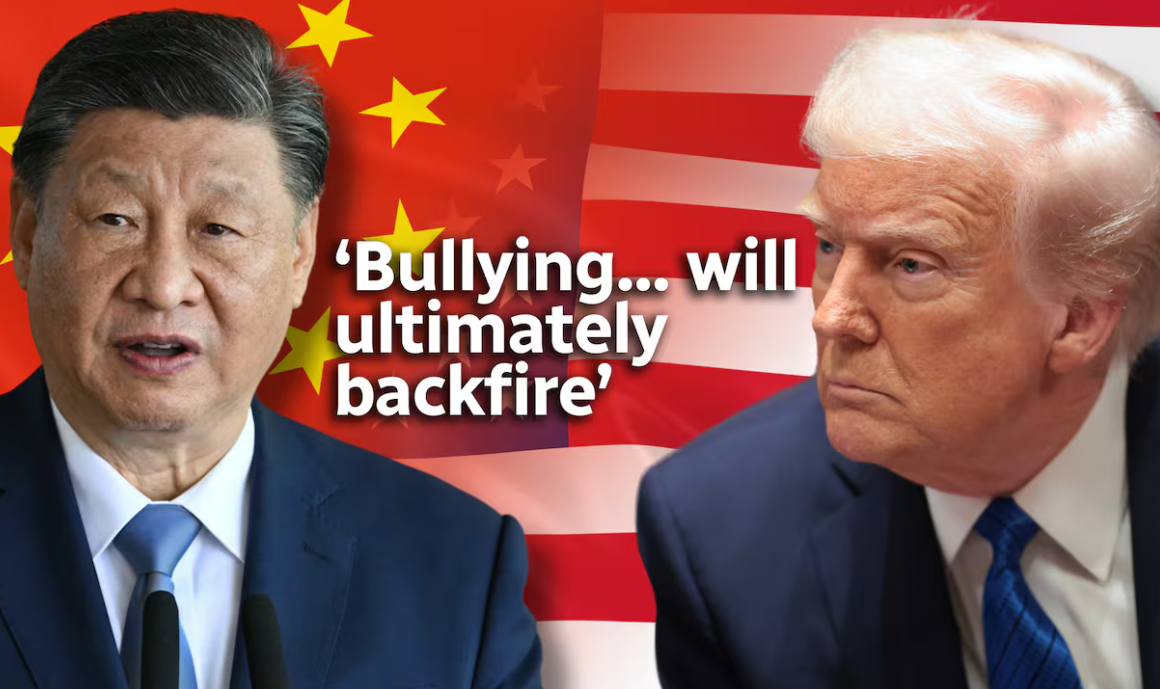
Brian Wong, Assistant Professor in Philosophy and Fellow at Centre on Contemporary China and the World, HKU and Rhodes Scholar
Apr 28, 2025
Speculation about a "Grand Bargain" between Trump and Xi persists, but deep divisions within Washington, Trump’s erratic leadership, and Beijing’s long-term strategic patience make a major breakthrough unlikely. Even if a meeting occurs, structural mistrust and political instability on both sides suggest any deal would be fragile at best.
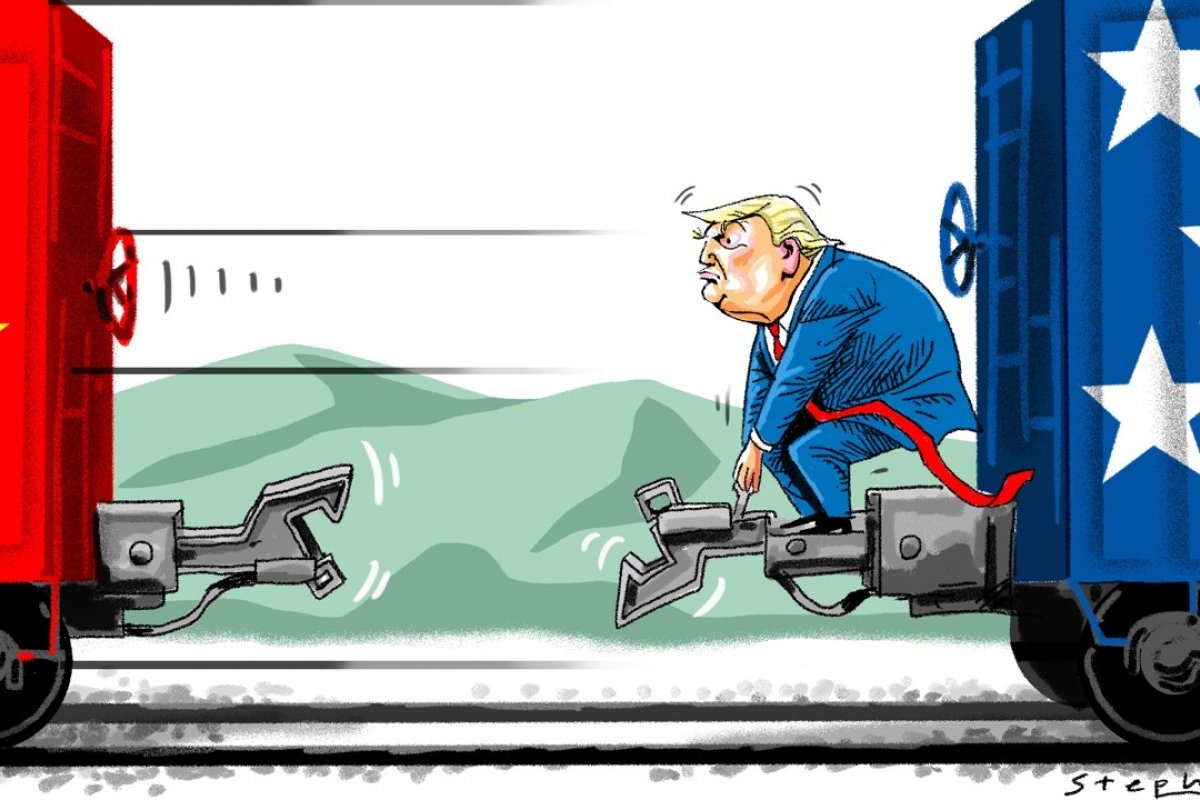
Sun Chenghao, Fellow, Center for International Security and Strategy of Tsinghua University; Munich Young Leader 2025
He Wenxiang , Research Assistant, Jinan University
Apr 24, 2025
The tech rivalry between China and the United States is fast becoming a key variable in the trajectory of relations. It not only reflects divergent innovation paths but fundamentally reshapes the global technological order.
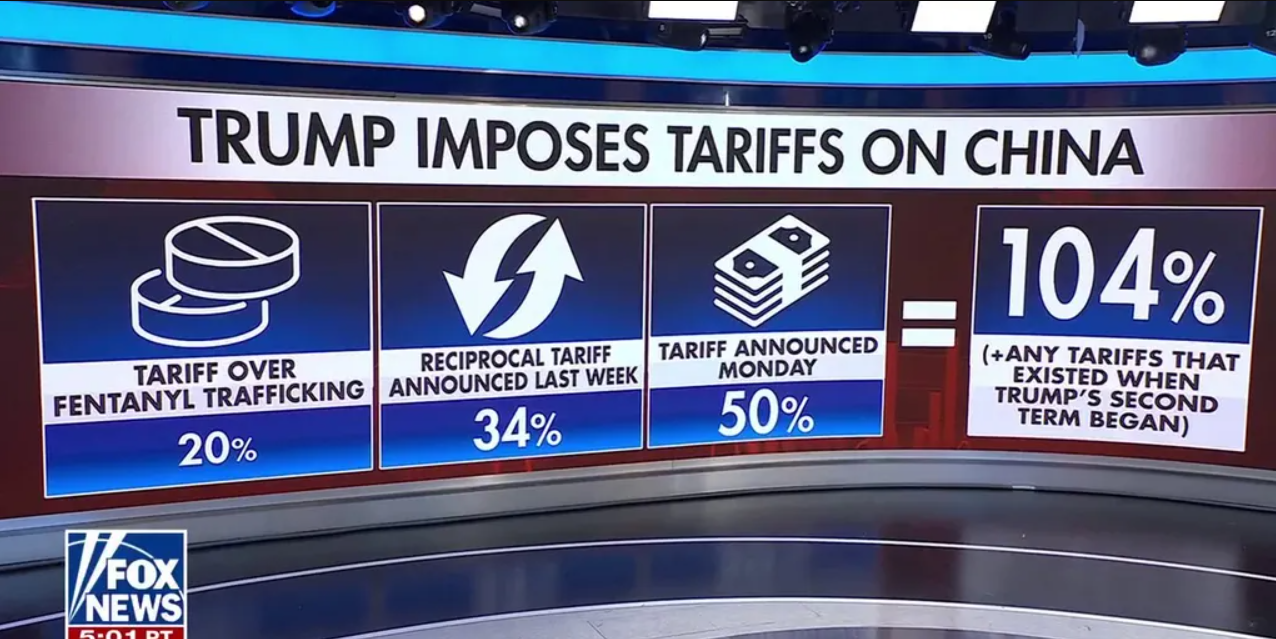
Fu Ying, Founding Chair of Center for International Security and Strategy, Tsinghua University; China's former Vice Minister of Foreign Affairs
Apr 24, 2025
No single country can respond to the fentanyl challenge alone. What’s needed is joint effort and sustained cooperation – not economic coercion.

Shang-Jin Wei, Professor, Finance and Economics at Columbia University
Apr 22, 2025
China has taken a tough stance against US President Donald Trump, matching the last two rounds of US tariffs with tariffs of its own. The US tariff on goods from China is now 145%, while China’s is 125%. Why does China take such a position, and are there any off-ramps that would allow it to mitigate the costs of a prolonged trade war?
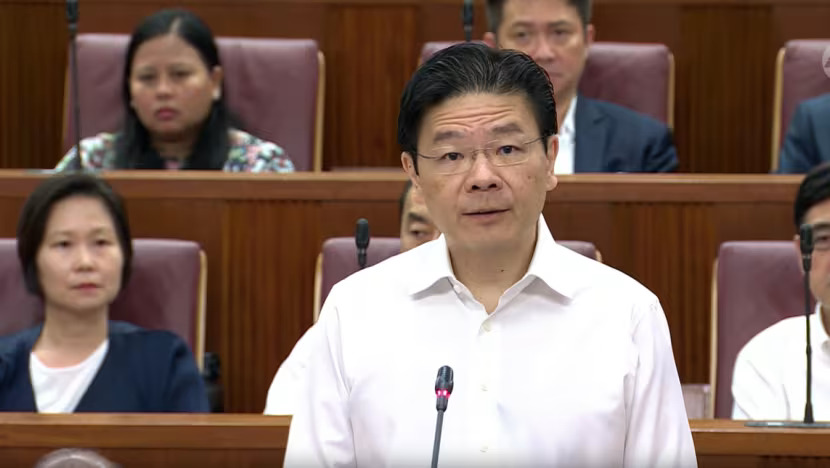
Richard Javad Heydarian, Professorial Chairholder in Geopolitics, Polytechnic University of the Philippines
Apr 22, 2025
The recent tariff episode shook global economic confidence in a way that’s only been seen in the aftermath of major catastrophes, despite relief coming in the short-term. Has the damage been done to America’s trade hegemony?
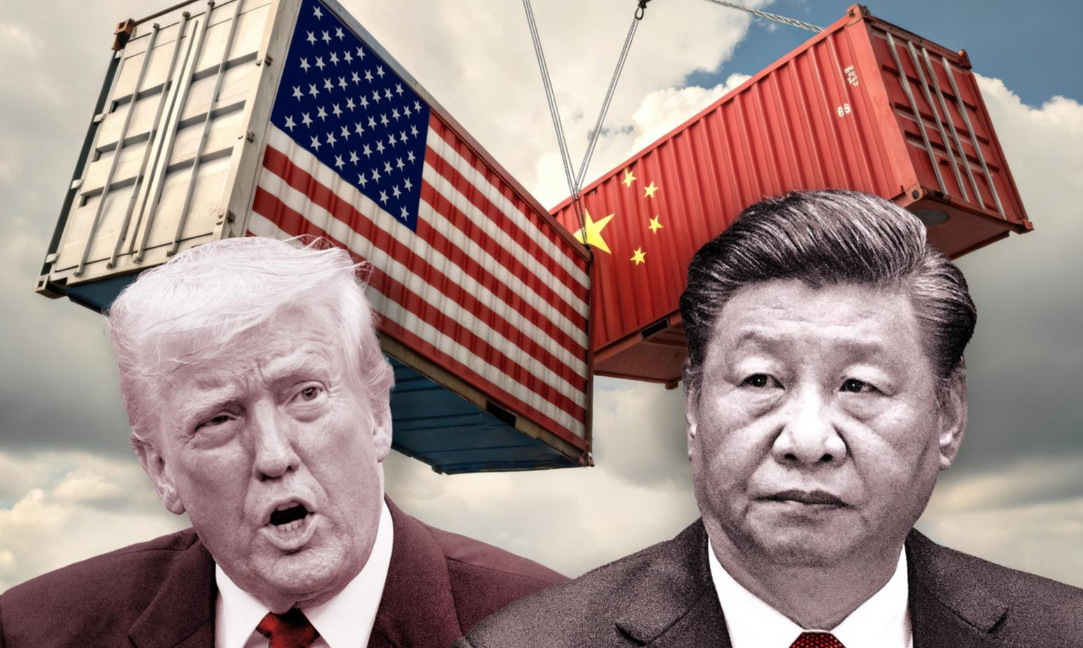
David Shambaugh, Gaston Sigur Professor and Director of China Policy Program at George Washington University, Distinguished Visiting Fellow at Hoover Institution of Stanford University
Apr 09, 2025
The second Trump administration’s China policies have thus far been very opaque and difficult to discern. However, in recent weeks a variety of indicators are beginning to make them clearer—and one dominant theme emerges: China will be viewed as America’s principal adversary.

Zhou Xiaoming, Former Deputy Permanent Representative of China’s Mission to the UN Office in Geneva
Mar 31, 2025
A great many negative consequences would follow a successful effort by the United States to pull the MFN rug out from under the world’s second-largest economy. If this key pillar of global trade is taken away, the collapse of the WTO itself could follow.
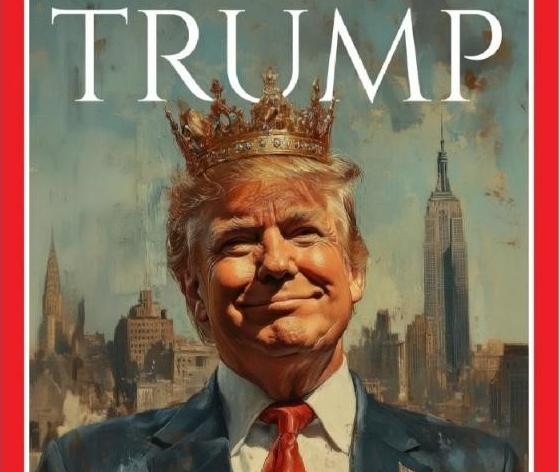
Sebastian Contin Trillo-Figueroa, Geopolitics Analyst in EU-Asia Relations and AsiaGlobal Fellow, The University of Hong Kong
Mar 27, 2025
Trump’s second term could pave the way for extended rule by undermining institutions and consolidating power, following the pattern of historical self-coups. This would not only threaten U.S. democracy but also disrupt global stability, forcing nations like China to rethink their long-term strategies.
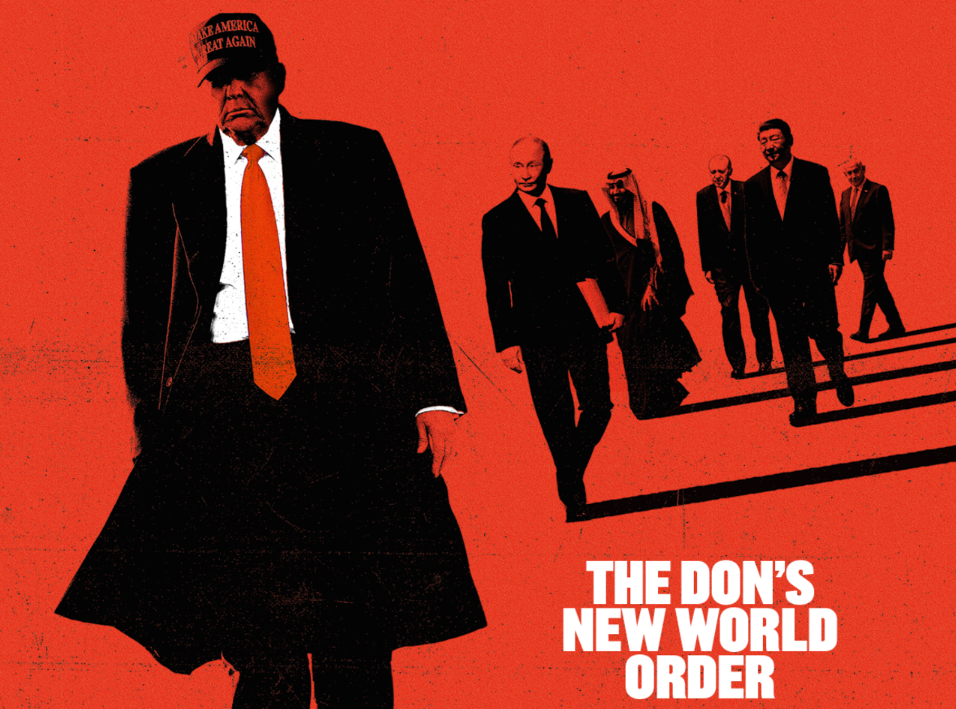
Ted Galen Carpenter, Senior Fellow, Randolph Bourne Institute
Mar 20, 2025
Trump’s second-term foreign policy asserts U.S. hegemony in the Western Hemisphere while exploring a great power system based on spheres of influence. Its success hinges on defining these spheres—especially between the U.S. and China—without destabilizing East Asia.
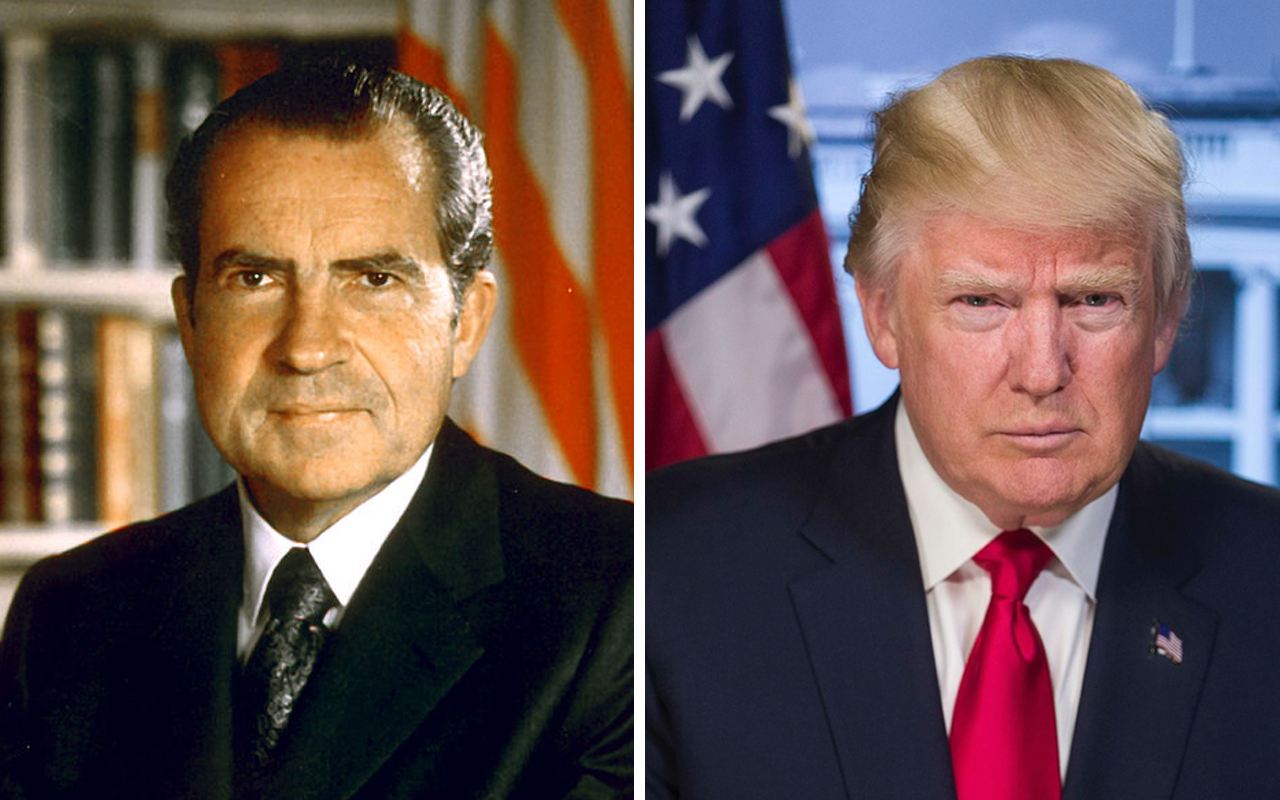
Brian Wong, Assistant Professor in Philosophy and Fellow at Centre on Contemporary China and the World, HKU and Rhodes Scholar
Mar 14, 2025
Trump’s foreign policy moves have been polarizing to say the least - but with competing voices within his own cabinet involved, the strongman approach may not be the ultimate outcome of the early administration’s moves.
Back to Top

- China-US Focus builds trust and understanding between the U.S. and China through open dialogue among thought leaders.
- Our Offerings
- Topics
- Videos
- Podcasts
- Columnists
- Research Reports
- Focus Digest
- Stay Connected
-
Thanks for signing up!
- Get the latest stories from China-US Focus weekly.